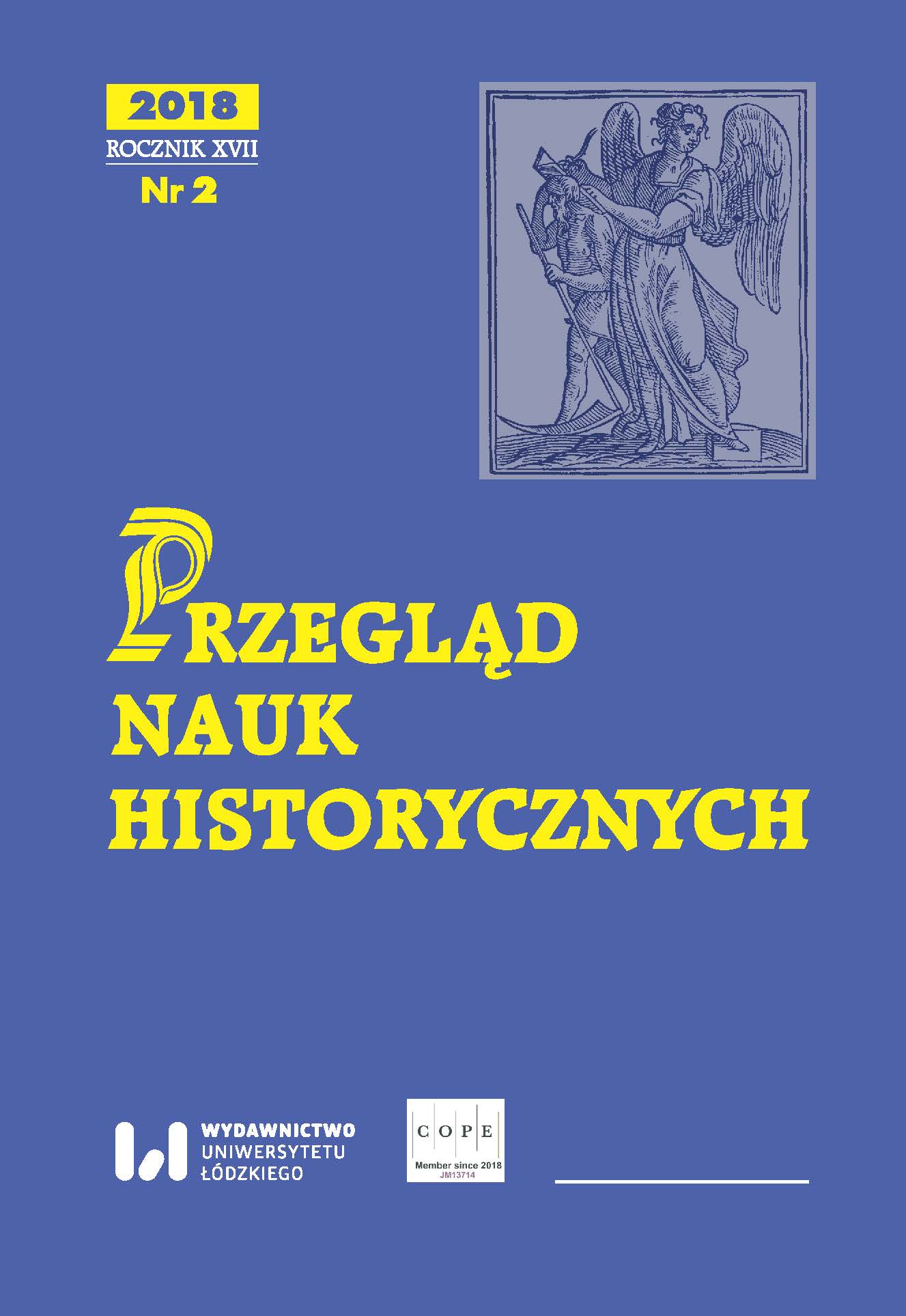Sejmiki ziemi liwskiej 1780–1786
Sejmiks in the Land of Liw 1780–1786
Author(s): Witold FilipczakSubject(s): History, 18th Century
Published by: Wydawnictwo Uniwersytetu Łódzkiego
Keywords: the land of Liw; sejmiks; parliamentarism; Mazovia in the 18th century; ziemia liwska; sejmiki; parlamentaryzm; Mazowsze w XVIII wieku
Summary/Abstract: The article concerns sejmiks in the land of Liw, which was located in the voivodship of Mazovia. In the years 1780–1786 the noblemen who took part in the debates in Liw elected their envoys and resolved issues connected with self-government. The article discusses preparations for the sejmiks, their course and resolutions adopted there. The land of Liw was dominated by the royalist party, whose main representatives belonged to the Cieszkowski and Cieciszowski families. The iudex terrestris of Liw, Ignacy Cieciszowski, who had been elected an envoy to the Sejm for three times in the years 1780–1786, was the most active parliamentary member. His status was influenced by the support of his brother, Adam, who was in charge of Stanisław August’s private chancellery in the years 1780–1783. The connections between leaders of the local nobility and the royalist party did not have a major impact on the content of instructions for envoys, but they could be seen in the activity of the representatives of Liw in the parliament. // Artykuł dotyczy sejmików ziemi liwskiej wchodzącej w skład województwa mazowieckiego. W latach 1780–1786 szlachta na obradach w Liwie wybierała posłów na sejm, a także rozstrzygała problemy o charakterze samorządowym. W tekście przedstawione zostały przygotowania do sejmików, ich przebieg oraz podjęte uchwały. Ziemia liwska była zdominowana przez stronnictwo regalistyczne, w którym czołowe role odgrywały rodziny Cieszkowskich i Cieciszowskich. Najaktywniejszym parlamentarzystą był sędzia ziemski liwski Ignacy Cieciszowski, który w latach 1780–1786 trzykrotnie był wybierany posłem na sejm. Na jego pozycję wpłynęło wsparcie brata Adama, w okresie 1780–1783 kierującego Gabinetem Stanisława Augusta. Związki liderów miejscowej szlachty ze stronnictwem regalistycznym nie miały dużego wpływu na treść instrukcji poselskich, natomiast znajdowały wyraz w działalności reprezentantów ziemi liwskiej w parlamencie.
Journal: Przegląd Nauk Historycznych
- Issue Year: 17/2018
- Issue No: 2
- Page Range: 123-153
- Page Count: 31
- Language: Polish

